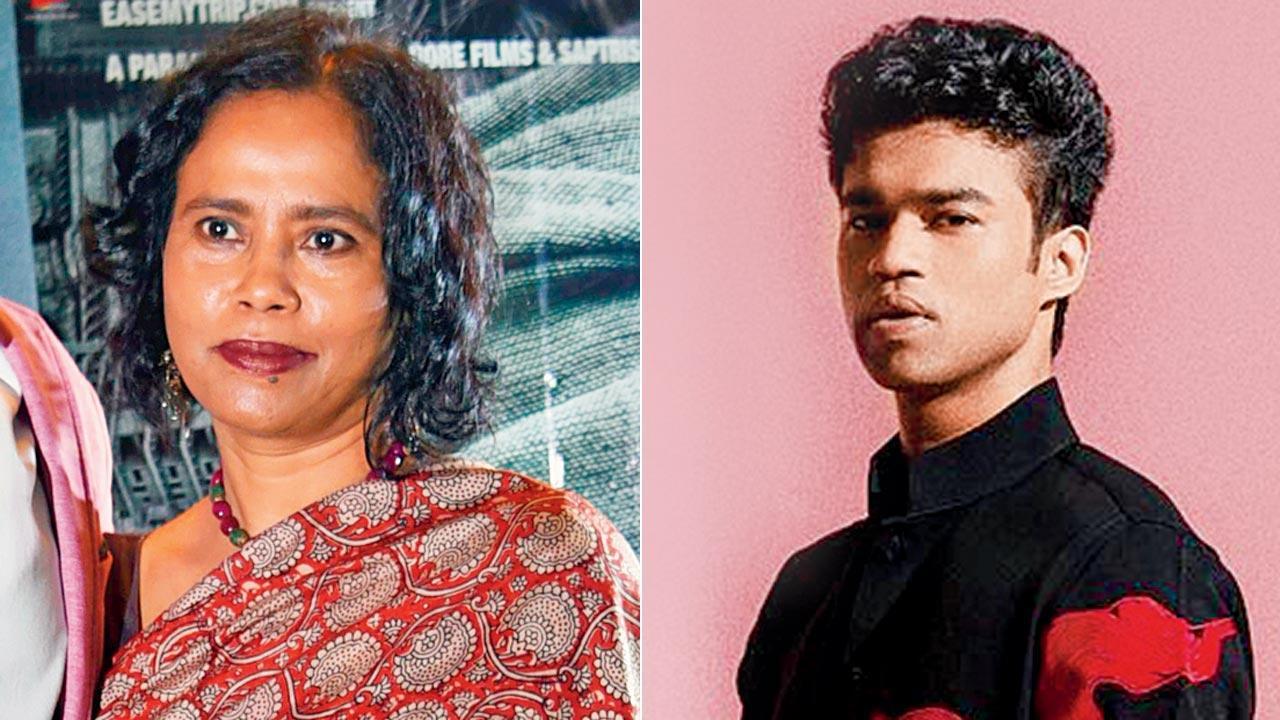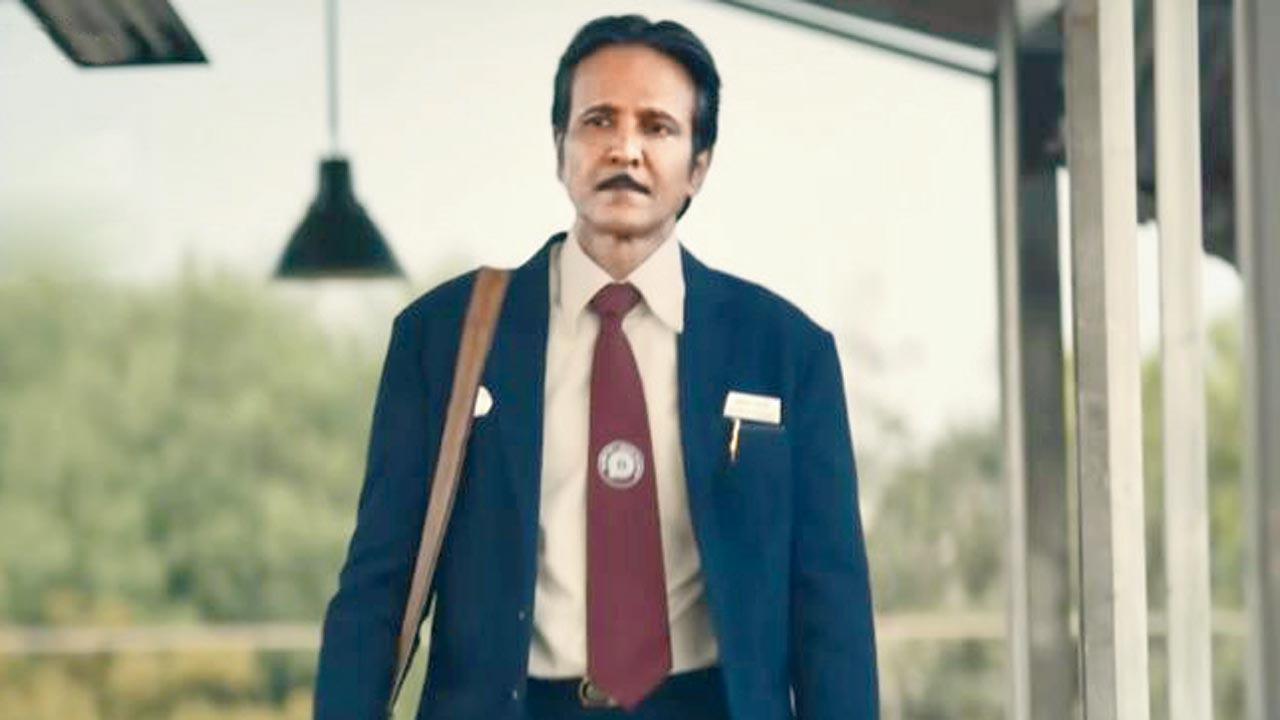Gearing up for his maiden web series The Railway Men, Babil on how his popularity among youth is not his barometer of success

Sutapa Sikdar and Babil Khan
Just after shooting his debut film Qala (2022), Babil Khan moved on to The Railway Men. Yash Raj Films’ maiden OTT offering, grand sets, celebrated actors for co-stars—the Netflix limited series had all the makings of an intimidating experience for the young actor. But today, as Khan looks back at the experience, he is grateful to director Shiv Rawail and his co-stars for taking care of a relative newcomer. “It’s easy for a sensitive person like me to feel intimidated by all of this. Not once did Shiv or anyone make me feel so,” he smiles.
ADVERTISEMENT
Set against the backdrop of the 1984 Bhopal gas tragedy, the Kay Kay Menon, R Madhavan and Divyenndu-starrer is inspired by the true stories of courage shown by a group of railway workers to save lives in the face of the world’s worst industrial disaster. Khan says he was cast as Imaad for a simple reason—his inherent innocence aligned with the earnest Imaad whom writer Aayush Gupta and Rawail had created on paper. “Shiv’s brief was how to retain my innocence. This became [crucial]. He’d push me in a different way from others because he is very perceptive,” Khan recalls.
 Kay Kay Menon plays his mentor in the show
Kay Kay Menon plays his mentor in the show
Another person who left a lasting impression on him was Menon. His admiration and respect for the senior actor translated on screen as he played a mentee to Menon’s station master Iftekaar Siddiqui. “Some things cannot be created mechanically. Imaad’s love and respect for Siddiqui came from my own reverence for Kay Kay sir. It came from the time I spent with him, his generosity and kindness.”
In the past year since his debut, Khan has won critical acclaim for his performances and a steady base of fans who are curious to see what he brings to the screen. How does this first brush with success feel? “I don’t define popularity as success. So, I’ll say that I haven’t experienced success yet,” he says, sounding wiser than his years. This wisdom, you realise, has been imbibed from his mother Sutapa Sikdar. Fittingly then, he considers her the true barometer of his success. “If I go home and mumma is happy with what I’ve done, then I am a successful man. I’ll go to sleep feeling successful. But I will wake up the next day feeling unsuccessful again, and I have to try again so that mumma can say, ‘I am proud of you today as well.’”
 Subscribe today by clicking the link and stay updated with the latest news!" Click here!
Subscribe today by clicking the link and stay updated with the latest news!" Click here!







